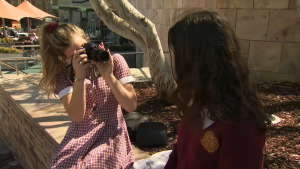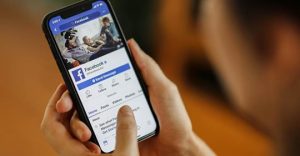Facebook is encouraging users to search its platforms for the horrific Christchurch shooting video through its recommended keywords.
Social media experts have attacked the Silicon Valley giant for including “search suggestions” of “Christchurch live stream”, “Christchurch shooting footage” and “Christchurch video” when users type “Christchurch” into the site.
Cyber expert Ross Bark, whose company Best Enemies runs internet safety programs in Australian schools, said he was concerned Facebook’s algorithms were contributing to the self-radicalisation of extremists.
“Facebook might say they’ve removed at least one and a half million videos of the attack, but I think from a search perspective that actually needs to be more controlled,” he said.
“I don’t think they’re doing enough in terms of managing that. They need to tighten up in terms of their algorithms.”




 KIDS who play video games are being encouraged to take caffeine-loaded “supplements” to boost their reaction times and help them stay up all night playing.
KIDS who play video games are being encouraged to take caffeine-loaded “supplements” to boost their reaction times and help them stay up all night playing.